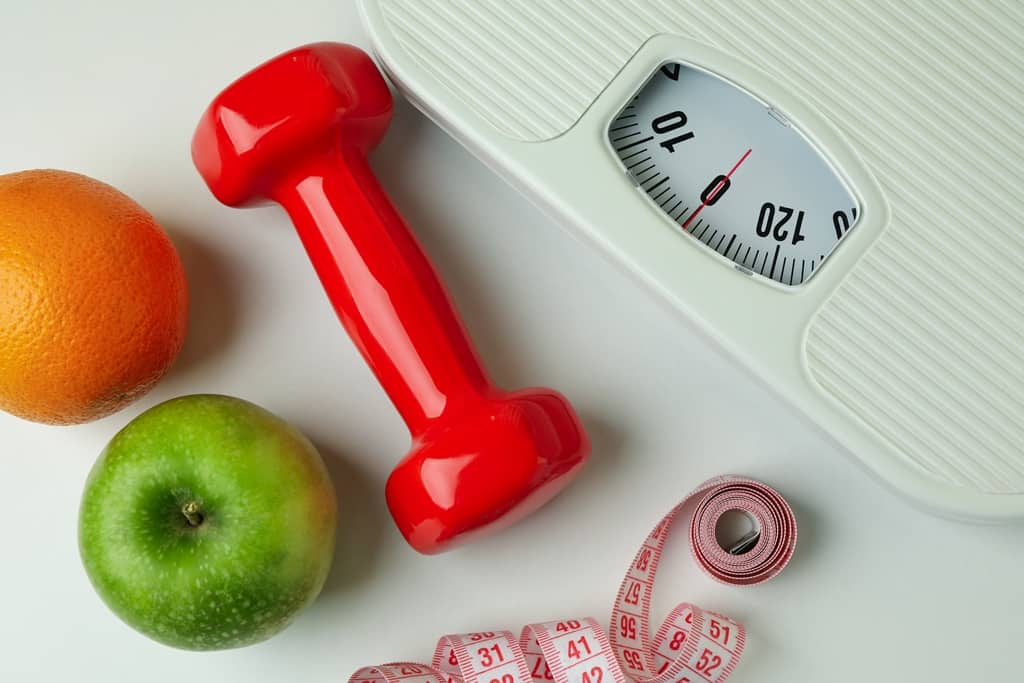Heart disease is the perennial leading cause of death worldwide. This should be enough reason to take a look at all the things that we do that can affect our heart health. With a healthy heart, you may be able to live a longer life that is more satisfying and more enjoyable.
Here are 9 ways that can help you improve the overall function of your heart:
Keep Your Weight Down
Obese or overweight people are at increased risk of developing several serious health conditions, including heart disease. High blood pressure, high cholesterol, high blood sugar, diabetes failure, and many others are usual conditions that an obese or overweight person is predisposed to. All these conditions are associated with heart disease.
Two of the main causes of obesity other than genetics, health conditions, and medications are excessive intake of foods and a sedentary lifestyle. This just means that you can do something about your being overweight. You have to watch your diet, engage in physical activities, and overhaul your lifestyle.

Cut Down on Salt
Cutting down on your salt intake is giving you a big favor. A diet high in salt can increase your blood pressure. High blood pressure is a precursor to heart disease and stroke. So if there is much salt in all your meals, your heart is continuously under pressure. For adults, the maximum recommended maximum daily salt intake is 6 grams only. On the other hand, 3 grams is the ideal salt intake for children per day. Better cut down on your use of salt on home-prepared meals and watch out on labels about the salt content of products that you buy.

Lessen Your Sugar Intake
Being sweet-toothed is not cute. Excessive sugar in your diet can result in weight gain, an increase in blood pressure, and damage to your kidneys. If you cannot stop your cravings for sweet foods, you have sweet fruits as options.

Limit Saturated Fats
Butter, fatty meats, ghee, dairy fats, margarine, and processed foods including pastries, pies, and cakes are all packed with saturated fats. Saturated fats can increase cholesterol levels. Make a switch now. It’s about time that you go for skimmed milk, low-fat dairy foods, and lean meats. When cooking meat, don’t fry. Steam or grill instead.

Eat More of Veggies and Fruits
Vegetables and fruits are rich sources of essential vitamins and minerals that are good for the healthy functioning of the heart. Potassium, for one, is a mineral found in fruits and vegetables that can help lower blood pressure. Plant-based foods are also packed with fibers promoting good gut health and your overall well-being, including your heart health. And don’t forget the antioxidants, enzymes, beneficial fats, and other useful compounds.

Include More Fish in Your Diet
Fatty fish as regular items in your meals has many benefits. This is because of the omega 3 fatty acids that they contain. Mackerel, marlin, tuna, salmon, and sardines are all rich sources of omega 3 fatty acids. You can also derive this essential oil from flaxseed, walnuts, spinach, canola oil, and pumpkin seeds. Omega 3 fatty acid is excellent for your heart health because they can lower cholesterol.

Quit Smoking and Drinking Alcohol
If you cannot stop drinking alcohol altogether, you can at least minimize it. Excessive alcohol can damage your heart’s muscles, cause abnormal heart rhythm, and increase your blood pressure. For smoking, you have to quit it altogether. You are in for several health conditions if you continue smoking. It can damage arteries, reduce oxygen in the blood, and trigger high blood pressure.

Manage Stress the Right Way
It is not uncommon that people drink alcohol more than they can when they are stressed, puff on packs of cigarettes, and just lie down on the bed aimlessly for as long as they can. This is not good for the heart and your overall health. Instead, do breathing exercises, like yoga, travel, reconnect with loved ones, and engage in social activities.

Make Exercise a Daily Habit
Exercise has many benefits on our mind and body, including the heart. If you exercise daily, your risk of heart attack goes down. Get advice from a professional to determine which exercise program is best for you. You can lower your chances of coronary heart disease if you stick with the exercise routine.

The heart is already the most overworked organ of the body. It works continuously with no rest at all. Let’s not contribute to its workload by doing things that make it work harder. Instead, we should do things that can ease up our heart’s tasks.
